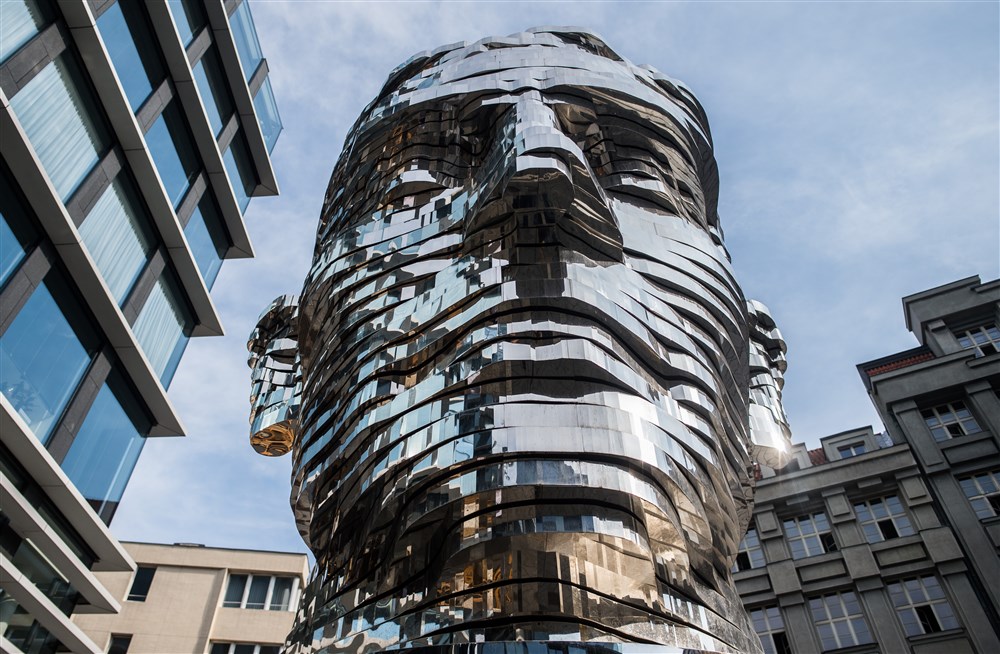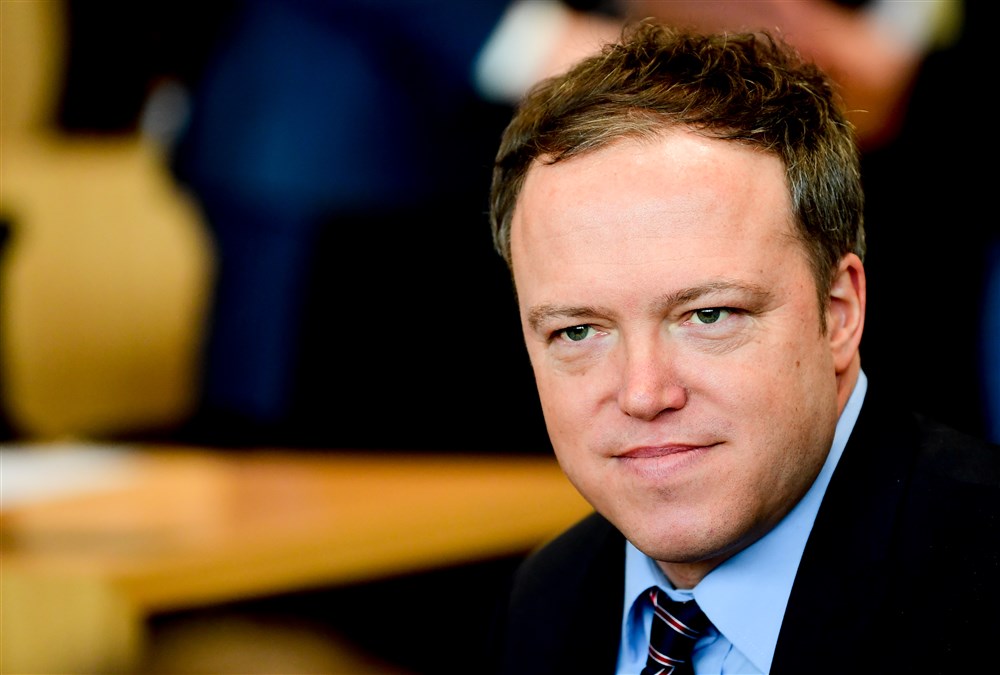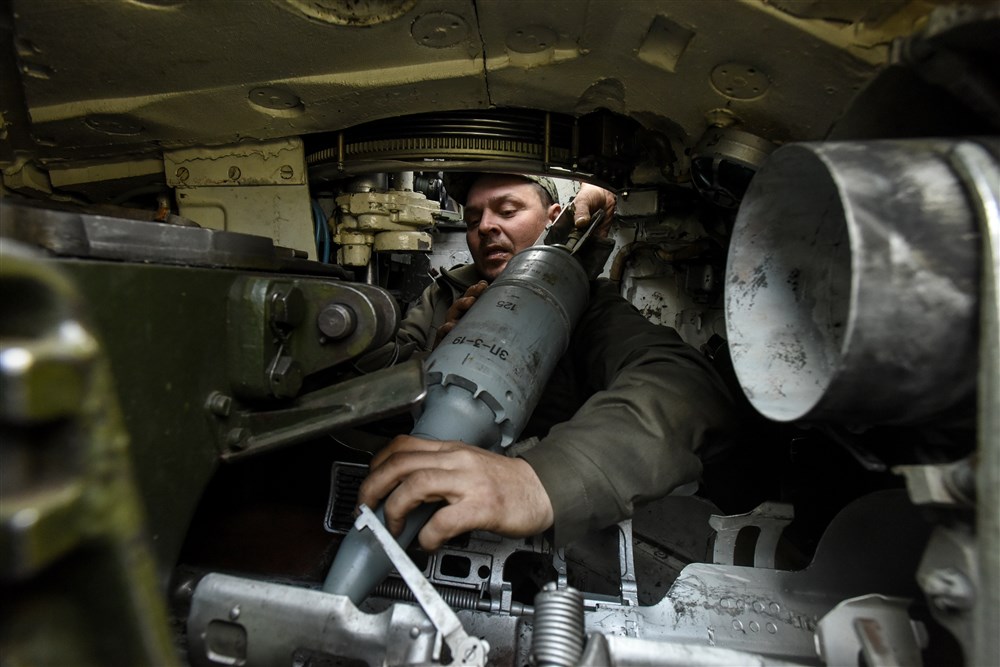People will revolt against any attempt to turn the European Union into a superstate, the Polish Prime Minister warned on March 20.
Any push to override cultural differences and impose a federal state from Brussels will result in a series of revolts, said Prime Minister Mateusz Morawiecki.
“I warn all those who want to create a super-state government by a narrow elite: if we ignore cultural differences the outcome will be the weakening of Europe and a series of revolts,” he told an audience at the university in Heidelberg in Germany.
“In Europe nothing can safeguard the nations, their culture, their social, economic, political and military security better than nation states,” he said. “Other systems are illusory or utopian.”
Morawiecki, who leads a government at loggerheads with the European Commission in the European Court of Justice, hit out against the Brussels vision of a “technocratic utopia” which he likened to “neo-imperialism”. If nations of the European Union sought to dominate others, “Europe may fall prey to the same mistakes of the past,” he warned. Being pro-European meant supporting EU enlargement, not further centralisation.
His remarks, which echoed warnings British prime ministers made pre-Brexit, comes amid a new push from France and Germany to do away with the few remaining nation-state vetoes in areas such as EU sanctions and foreign policy.
Polish courts have challenged the primacy of EU law, without which the EU would be reduced to a cash machine with little political power.
“Smacking others with the whip of ‘European values’ without agreeing on their definition or understanding what changes must be made by particular countries is […] self-destructive for the European Union,” Morawiecki said, according to a report in Euractiv. He warned against what he saw as undemocratic tendencies. “Do we really want a pan-European cosmopolitan elite with immense power but without an electoral mandate?” he asked.
Debate over so-called European values is raging in a number of European countries. In Estonia, the battlefield is same-sex marriage. In Italy, the hot topic is gender and political correctness.
Do Europeans share values beyond democracy, the rule of law and some form of capitalism?
Past attempt to define a list of shared values have failed. When the – failed – European constitution was being drawn up, some governments argued Europe had a shared religious heritage, though others disagreed.
The Ukraine war, a world banking crisis and deep divisions among EU states over a range of issues including state aid and industrial policy have pushed the ongoing Qatargate scandal somewhat off the news agenda.
Brussels newspaper La Capitale is one of the only publications to report on the expenses racked up by the alleged Qatargate mastermind, Pier Antonio Panzeri. According to the newspaper report, Panzeri claimed more than €100,000 in parliamentary expenses between 2004 and 2009. The EU’s fraud watchdog Olaf looked into the matter and ordered repayments on the grounds that the payments violated Parliament rules, though Panzeri fought the repayment order in court. Justice in this case has been so slow that it is not clear if these sums were ever repaid, the newspaper reports.





